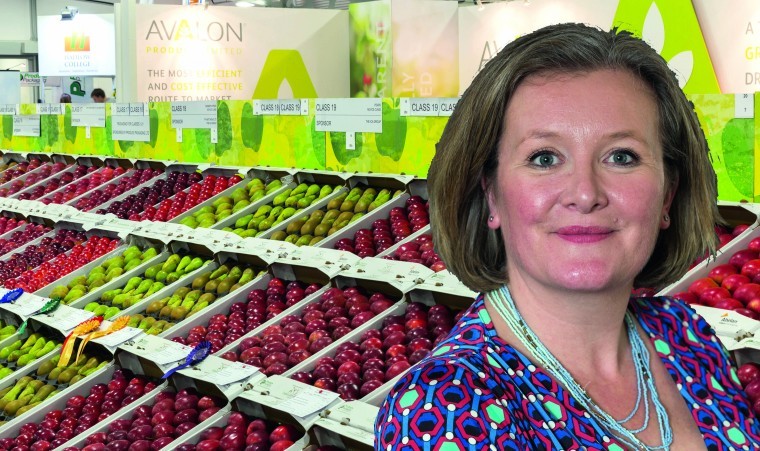WRAP – the Waste and Resources Action Programme – reports that UK households are wasting a third (34%) less bread, chicken, milk and potatoes under lockdown; now isn’t that a telling figure?
The average household now has time to budget properly, can’t cruise the aisles being tempted by something they may not eat, is able to plan and prepare healthy meals for their families and, in many cases, is constricted by reduced income so every penny counts. Families have shopped less often, in bigger quantities, and the planning means that a greater proportion of the shop is used.
The challenge now is to ensure that this habit is embedded in the longer term for the whole population as our ability to move around increases and our opportunities to shop increase again. I’m writing this just after the Chancellor has announced the extension of the furlough scheme until October. We have to assume that restrictions for many sectors will continue for a long while.
Looking at the Office of National Statistics site (figure 1, ONS site, rates of furloughing) there is a clear set of numbers for the first furlough period, which shows the large scale cessation of trading in most sectors. I would imagine that the same graph by the end of this week and then again in June will clearly indicate that hospitality, arts, entertainment, food service and hotels will be the sectors supported over the longer term. They are all areas that have a direct impact on our food supply chain in the UK, the effect of which will be felt throughout the wholesale and direct supply groups for several years.
Food supply chains aren’t the only things that are going to be changed (probably improved) by our current situation; there is increasing evidence that the daily torture of a commute may also be a thing of the past for thousands of city workers.
Other multi-nationals are following Barclays’ lead in announcing the shedding of costly corporate headquarters full of offices. They are instead intending to utilise the technology that has facilitated working from home for their teams going forward.
Doesn’t this make for a great opportunity on farms? Just think, people whose commute has given them a quiet desk and a separation between work and home life are now sitting in the spare room with pre-school age children screaming, sorry, playing in the next room. Wouldn’t you long for a quiet little office, maybe with a view?
Lots of people have taken this time to learn a new skill, to start that business venture that might need new, small, local premises. I think there will be great opportunities for farms to host other businesses; just don’t forget that the speed of your broadband will rate higher on the priorities than just about anything else!
Rural opportunities for regional working hubs… good broadband will be essential.
And finally… I hope that you used the NFU’s excellent ‘Letter to your MP’ facility to remind our representatives that they needed to attend the third reading of the Agriculture Bill this week? The NFU has consistently argued that the purpose of the bill should be to establish a framework for financial support and other policy interventions that can underpin the roles of farmers as both food producers and as guardians of the natural environment. Future support should be built on three cornerstones:
- Rewarding and incentivising farmers for delivering environmental goods and high animal welfare
- Improving the productivity of UK agriculture
-
Underpinning resilience and stability within agriculture by helping farmers manage volatility.
These are needed in future policy if we are to meet the two great challenges in the years ahead:
-
Ensuring the food security of our citizens, through a UK food system that is resistant to major shocks and supports a sufficient degree of domestic food production.
- Ensuring agriculture in the UK is environmentally, socially and economically sustainable over the long-term, through more efficient and climate-friendly farming that can continue to provide a sufficient supply of food for future generations.




